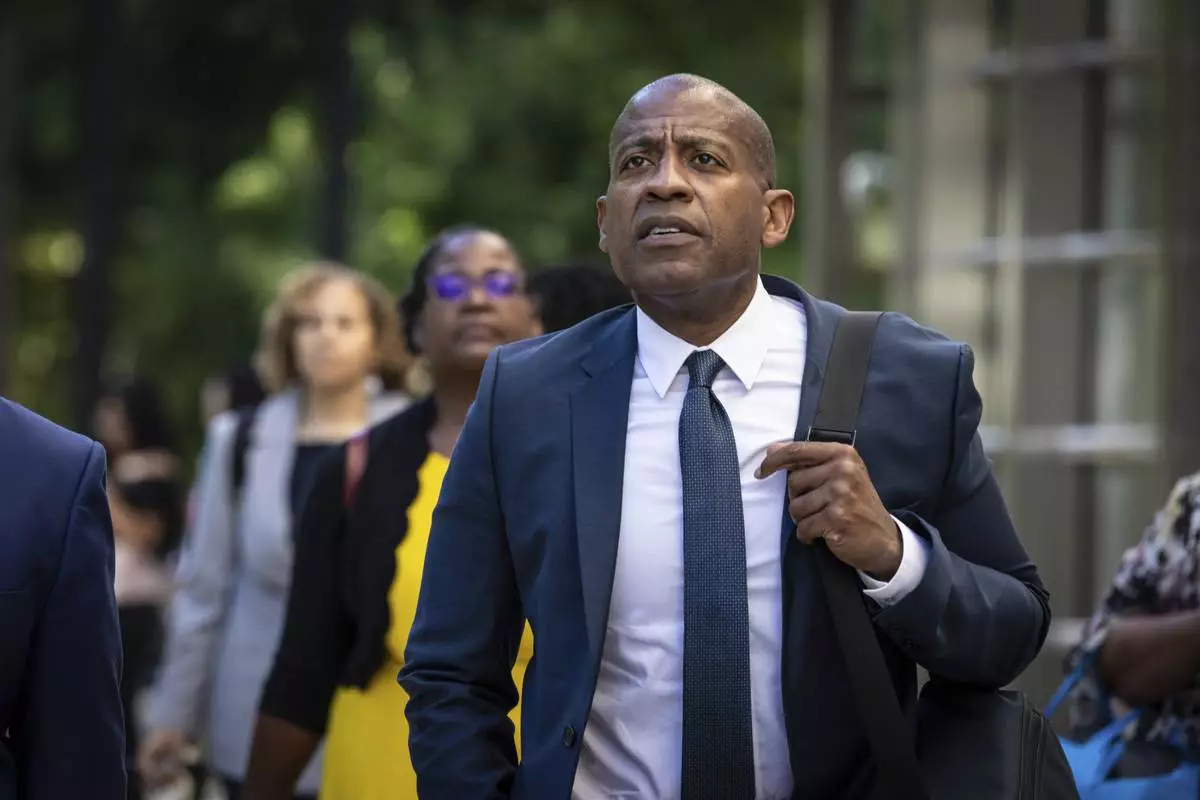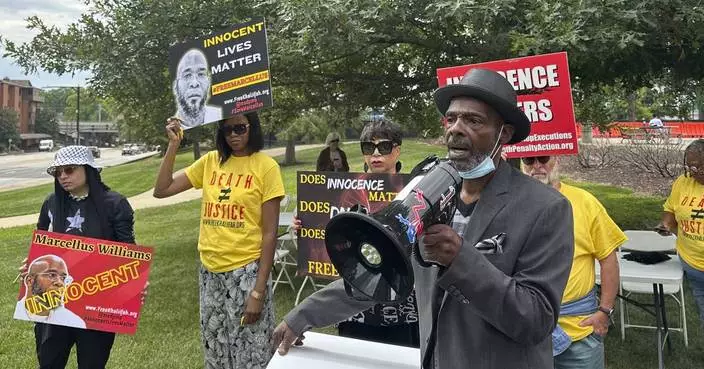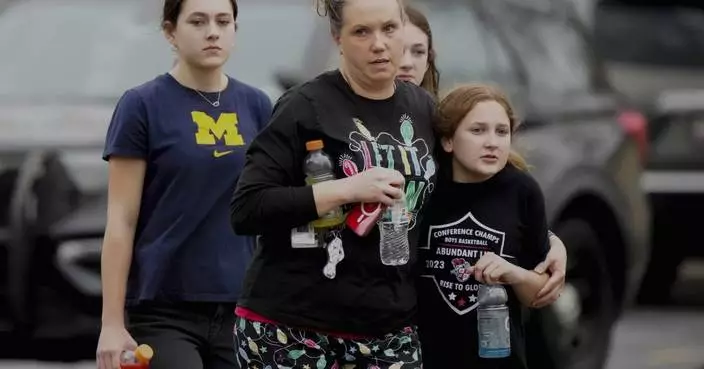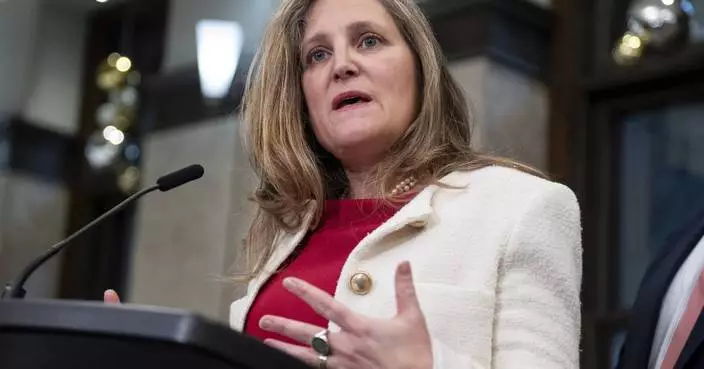Armed Forces Bowl: Oklahoma (6-6) vs. Navy (9-3), Dec. 27 at 12 p.m. EST.
BetMGM College Football Odds: Oklahoma by 7.5
KEY MATCHUP
The Sooners' 167.6 passing yards per game ranks 122nd in the FBS. The Midshipmen's defense gives up 207.7 through the air (48th in college football).
Navy's 126.4 passing yards per game rank 132nd in the FBS. Oklahoma's defense allows 212.4 through the air (54th in college football).
LAST GAME
Oklahoma fell 37-17 to LSU. Jackson Arnold led the Sooners with 110 yards on 14-of-21 passing (66.7%) for no touchdowns and no interceptions. He also carried the ball 17 times for 75 yards. Samuel Franklin had 61 rushing yards on six carries, adding two receptions for -4 yards. Javian Hester had one reception for 50 yards.
Navy defeated Army 31-13. Blake Horvath threw for 107 yards on 4-of-9 attempts (44.4%) with two touchdowns and no interceptions. He also carried the ball 25 times for 204 yards and two rushing touchdowns. Landon Robinson had 29 rushing yards on one carry. Eli Heidenreich had one reception for 52 yards and one touchdown.
PLAYERS TO WATCH
Oklahoma: Arnold has 1,421 passing yards (129.2 per game) while completing 62.6% of passes (154 for 246), with 12 touchdowns and three interceptions. He has 444 rushing yards and three rushing touchdowns, averaging 40.4 per game. Jovantae Barnes has 122 carries for 577 rushing yards (64.1 yards per game) and five touchdowns. He also has 17 catches for 123 yards and one touchdown. Bauer Sharp has 324 receiving yards (27 per game) on 42 catches with two touchdowns.
Navy: Horvath has 1,261 passing yards (114.6 per game) while completing 57.5% of passes (73 for 127), with 13 touchdowns and four interceptions. He has 1,099 rushing yards and 15 rushing touchdowns, averaging 99.9 per game. Heidenreich has 649 receiving yards (59 per game) on 37 catches with six touchdowns.
FACTS & FIGURES
Oklahoma has outscored opponents by 2.7 points per game this season, and Navy has outscored opponents by 9.9 per game.
Oklahoma ranks 13th-worst in passing offense (167.6 yards per game), but has been slightly better on defense, ranking 54th with 212.4 passing yards allowed per contest.
Navy ranks 79th with 376.1 total yards per contest on offense, and it ranks 63rd with 363.6 total yards allowed per game on the defensive side of the ball.

Navy quarterback Blake Horvath (11) runs by Army cornerback Jaydan Mayes (7) during the second half of an NCAA college football game, Saturday, Dec. 14, 2024, in Landover, Md. (AP Photo/Daniel Kucin Jr.)
NEW YORK (AP) — Former talk show host Carlos Watson was sentenced Monday to nearly 10 years in prison in a federal financial conspiracy case that cast his once-buzzy Ozy Media as an extreme of fake-it-'til-you-make-it startup culture.
In one example, another Ozy executive impersonated a YouTube executive to hype Ozy to investment bankers — while Watson coached him, prosecutors said.
Watson, 55, and the now-defunct company were found guilty last summer of charges including wire fraud conspiracy. He has denied the allegations and plans to appeal.
“I loved what we built with Ozy,” he said in court Monday, initially addressing supporters in the audience before the judge suggested he turn around. Watson told the judge he was a target of “selective prosecution” as a Black entrepreneur in Silicon Valley, where African American executives have been disproportionately few, and he called the case “a modern lynching.”
“I made mistakes. I'm very, very sorry that people are hurt, myself included,” he said, but “I don't think it's fair.”
Watson, who faced a mandatory minimum sentence of two years in prison and potentially as much as 37 years, remains free for now on $3 million bond. He is to surrender to prison March 28. Any restitution will be determined after a hearing in February.
U.S. District Judge Eric Komitee said Monday that the “quantum of dishonesty in this case is exceptional.”
“Your internal apparatus for separating truth from fiction became badly miscalibrated,” he told Watson in sentencing him.
Prosecutors accused the former cable news commentator and host of playing a leading role in a scheme to deceive Ozy investors and lenders by inflating revenue numbers, touting deals and offers that were nonexistent or not finalized, and flashing other false indications of Ozy's success.
Watson even listened in and texted talking points while his co-founder posed as a YouTube executive to praise Ozy on a phone call with potential investors, prosecutors said.
“His incessant and deliberate lies demonstrated not only a brazen disregard for the rule of law, but also a contempt for the values of honesty and fairness that should underlie American entrepreneurship,” Brooklyn-based U.S. Attorney Breon Peace said in a statement Monday. His office prosecuted the case.
During the trial, Watson's defense blamed any misrepresentations on others, particularly co-founder Samir Rao and former Ozy chief of staff Suzee Han. She and Rao pleaded guilty, are awaiting sentencing and testified against Watson.
Watson portrayed himself Monday as a founder who put everything he had into his company, saying that he took an average salary of around $51,000 from Ozy in its final years, has triple-mortgaged his home and drives a 15-year-old car.
After court, he questioned why Brooklyn-based federal prosecutors had gone after a California-based company and founder. Prosecutors declined to comment; the indictment alleged that scheming happened in the Brooklyn-based jurisdiction and elsewhere.
“I do think this is an attack on Black excellence,” Watson said after noting that his sentence wasn't far from the 11-year term meted out to Elizabeth Holmes. She's the white former Silicon Valley CEO convicted of duping investors in the Theranos blood-testing device hoax.
There's no parallel between faking blood test results and Ozy's roster of real programs and events, Watson said.
Ozy, founded in 2012, was styled as a hub of news and culture for millennials with a global outlook.
Watson boasted an impressive resume: degrees from Harvard University and Stanford Law School, a stint on Wall Street, on-air gigs at CNN and MSNBC, and entrepreneurial chops. Ozy Media was his second startup, coming a decade after he sold a test-prep company that he had founded while in his 20s.
Mountain View, California-based Ozy produced TV shows, newsletters, podcasts, and a music-and-ideas festival. Watson hosted several of the TV programs, including the Emmy-winning “Black Women OWN the Conversation,” which appeared on the Oprah Winfrey Network.
Ozy snagged big advertisers, clients and grants. But beneath the outward signs of success was an overextended company that struggled — and dissembled — to stay afloat after 2017, according to insiders' testimony.
The company strained to make payroll, ran late on rent and took out pricey cash advances to pay bills, former finance vice president Janeen Poutre told jurors. Meanwhile, Ozy gave prospective investors much bigger revenue numbers than those it reported to accountants, according to testimony and documents.
On the witness stand in July, Watson said the company's cash squeezes were just a startup norm and its investors knew they were getting unaudited numbers that could change.
Only one of those investors spoke at the sentencing — Beverly Watson, who stands by her brother. She told the court Monday that her biggest loss was “this important platform that elevated people and ideas that weren't being heard before.”
Ozy disintegrated in 2021, after a New York Times column disclosed the phone-call impersonation gambit and raised questions about the true size of the startup's audience.

FILE - Carlos Watson leaves Brooklyn federal court after testifying in his own defense in New York, Monday, July 1, 2024. (AP Photo/Stefan Jeremiah, File)











